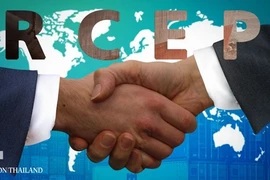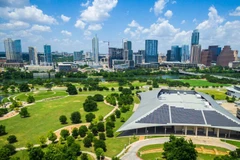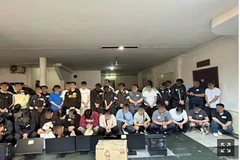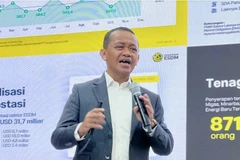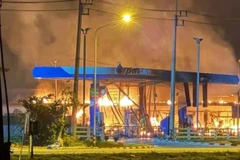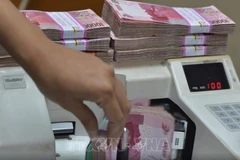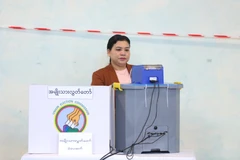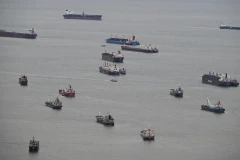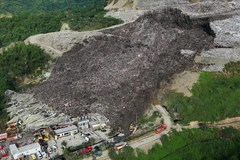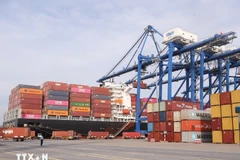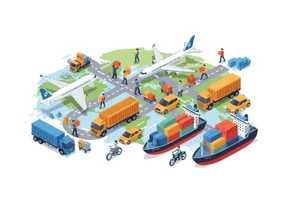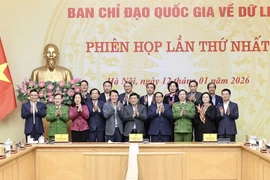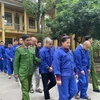Shenoted that the key initiatives include the setting up a COVID-19 ASEAN responsefund; an ASEAN Comprehensive Recovery Framework to help the region recover fromthe pandemic; a regional reserve of medical supplies; and pushing along theRegional Comprehensive Economic Partnership (RCEP), a proposed free tradeagreement involving 15 countries, including ASEAN states.
People are generally hopeful and optimistic that RCEP can be signed by the endof this year, said Wong.
The Singaporean diplomat said that if that pans out, it will send a strongsignal that ASEAN remains open for business and trade, and this will boostinvestor confidence.
Established in 1967 by five countries - Indonesia, Malaysia, the Philippines,Thailand and Singapore - ASEAN has since fostered a culture of cooperation anddealt with challenges collectively.
Today, the regional bloc has a population of nearly 640 million people and acombined gross domestic product of 2.57 trillion USD. Some suggest that it ispoised to become the fourth-largest economy in the world by 2030.
Vietnam, this year's ASEAN chair, came up with the theme "Cohesive andResponsive ASEAN" before the COVID-19 pandemic struck. It has turned outto be remarkably apt in the present circumstances, she held.
Wong asserted that much of ASEAN's focus this year has been on how the regioncan respond effectively to the outbreak and its economic fallout, amid risinggeopolitical tensions./.
